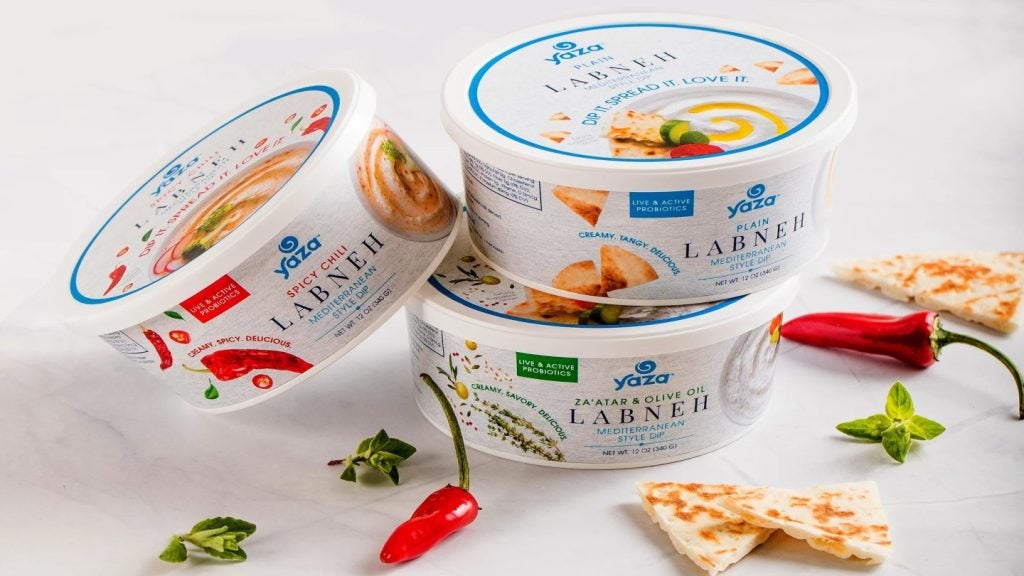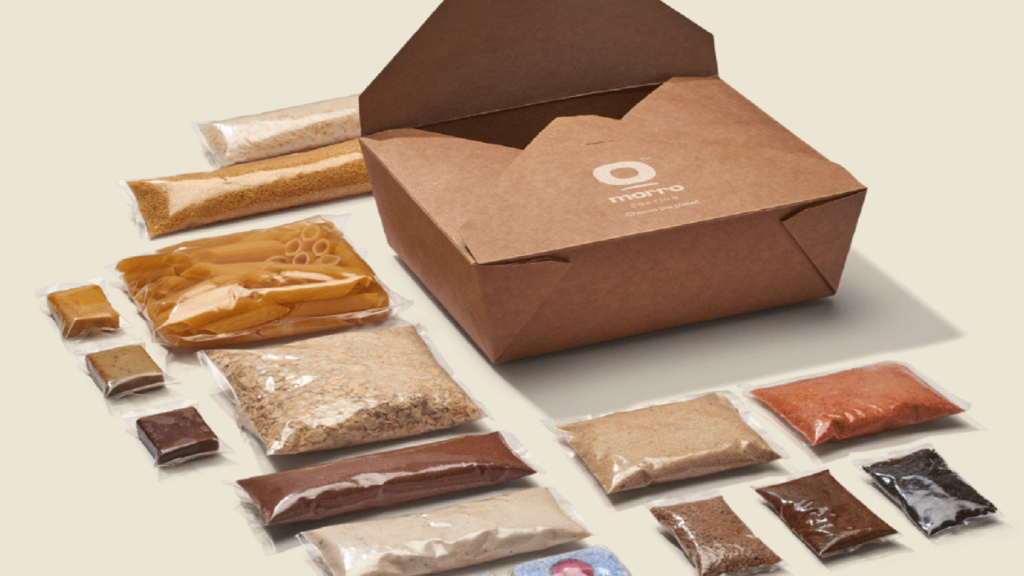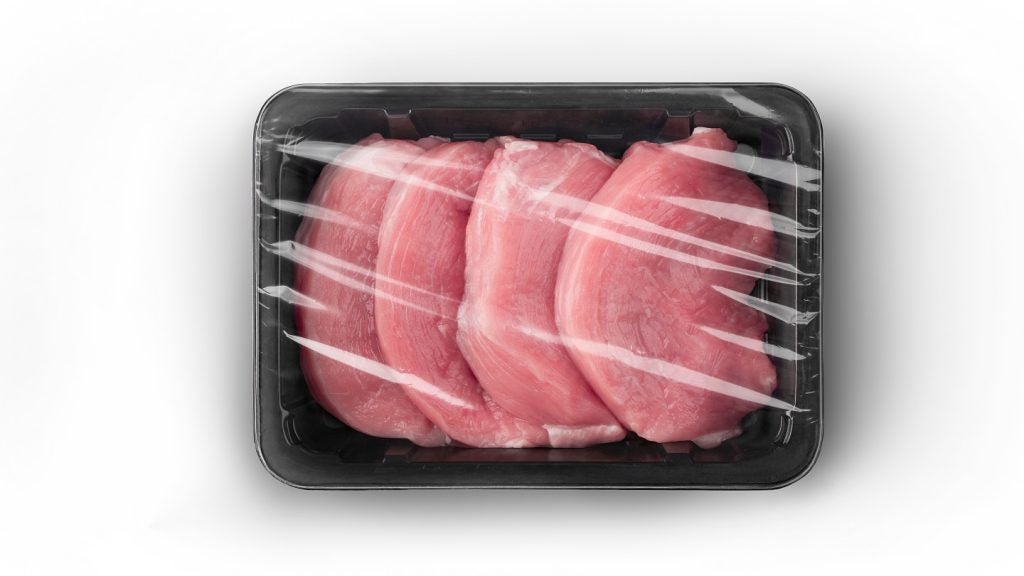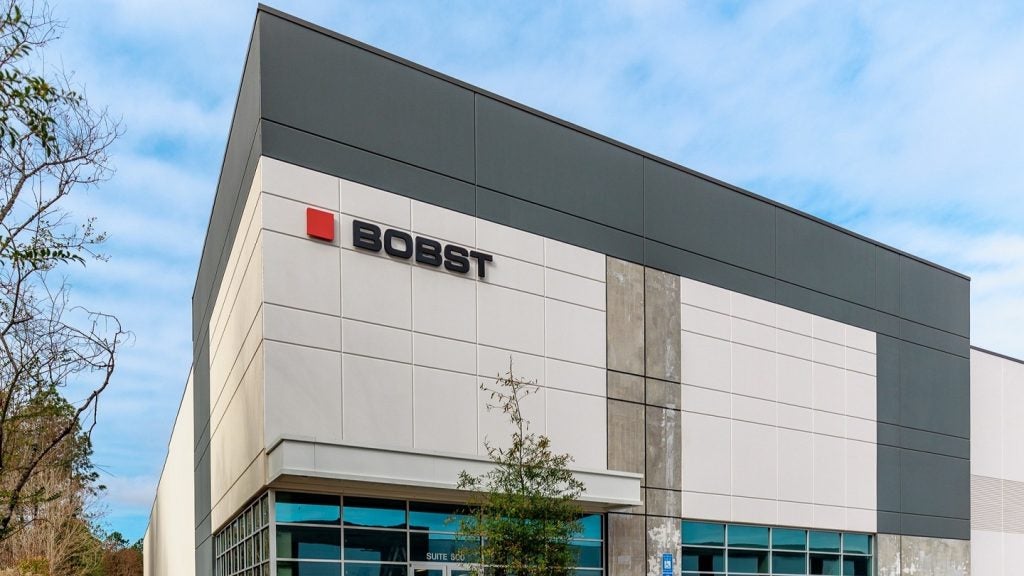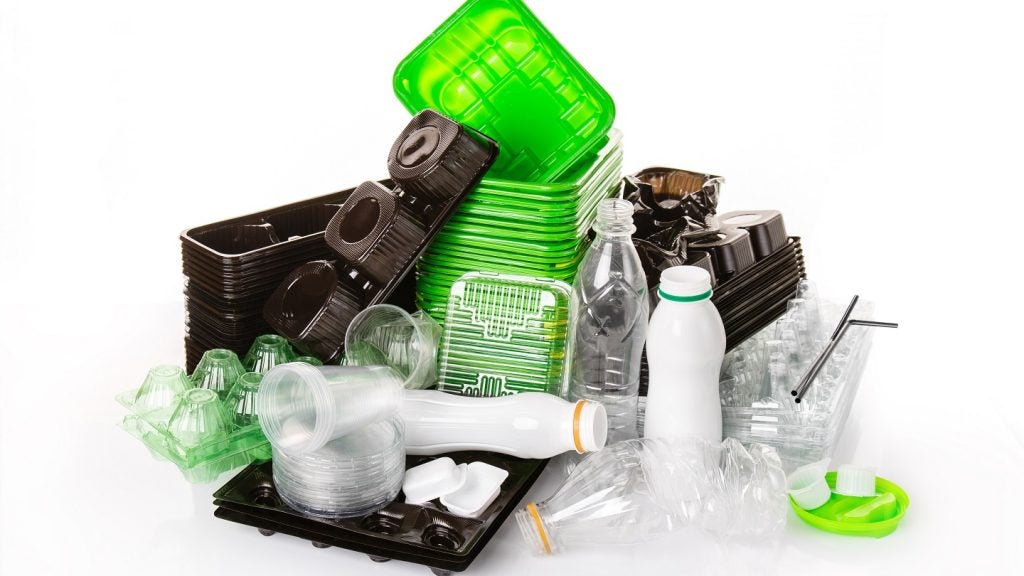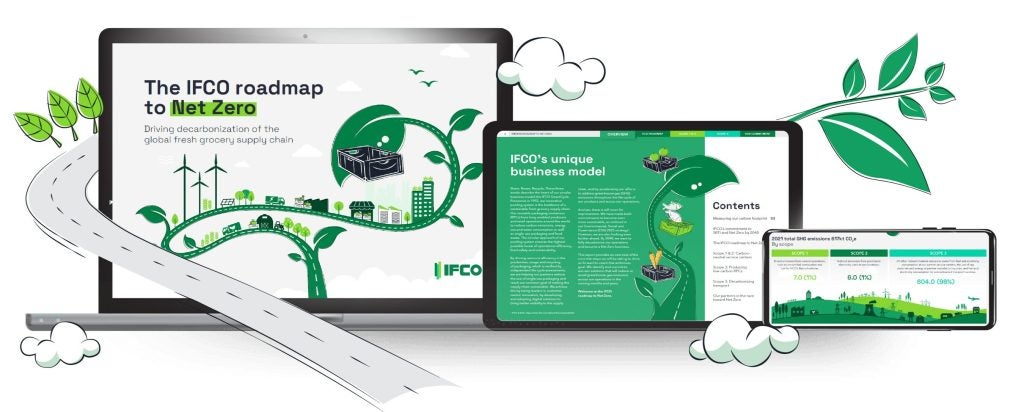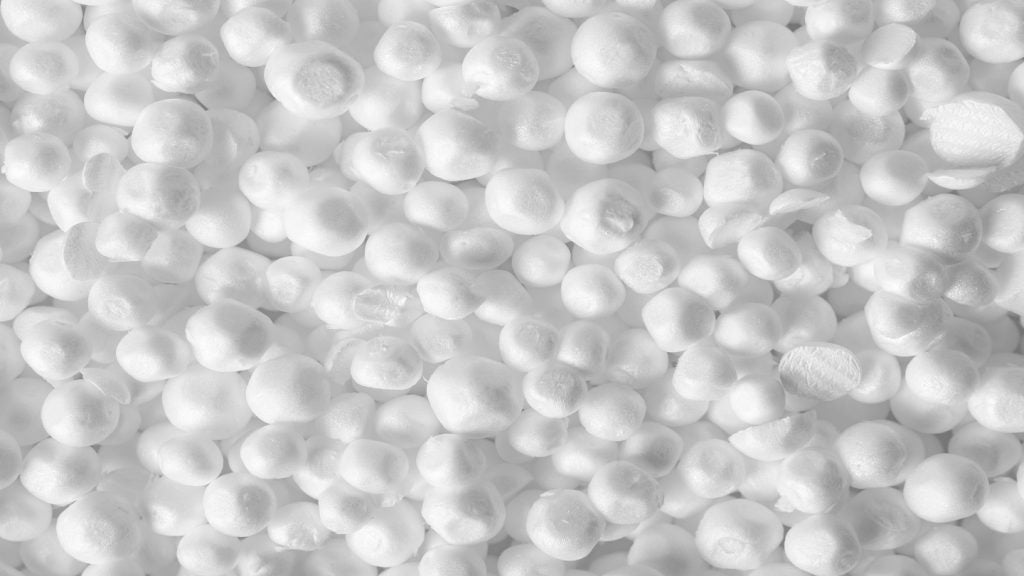Dairy products manufacturing company Yaza has partnered with Greiner Packaging to introduce its traditional Mediterranean labneh product in sustainable packaging.
Yaza has chosen Greiner's K3 cardboard-plastic cup packaging solution to offer enhanced environmental benefits to American consumers.
It is also in line with the growing consumer preference for sustainable packaging solutions.
The K3 cup uses less plastic than traditional packaging, resulting in a lower carbon dioxide footprint.
The outer covering of the cup is made of cardboard, providing stability to the packaging and ensuring that the cup can be produced with thin walls.
The cup and wrap offer ease of separation into cardboard and plastic components, enhancing its recyclability and ensuring the production of high-quality recyclates free from ink contamination, according to Greiner.
In addition, this packaging solution features a functional and user-friendly design for convenience, ease of handling, and accurate portion control.
According to Greiner, cardboard-plastic combinations such as the K3 cup reduce the use of plastic by 32.7%, can incorporate up to 80% recycled cardboard, and have a 17% better carbon footprint compared to all-plastic packaging.
Greiner business development manager Kai Anthony said: “Our design team worked diligently with the Yaza team to complete the final packaging that not only appeals to consumers familiar with labneh but also to consumers who may be unfamiliar.
“For its packaging, the company was seeking more detailed, market-specific sustainability communications for both retail partners and end consumers. Our resealable and perfectly recyclable K3 solution certainly delivers as it is the ideal packaging to support the company’s values.”
Last December, Greiner launched a new self-separating K3 r100 cup packaging solution in partnership with Lidl Schweiz and Molkerei Forster.


